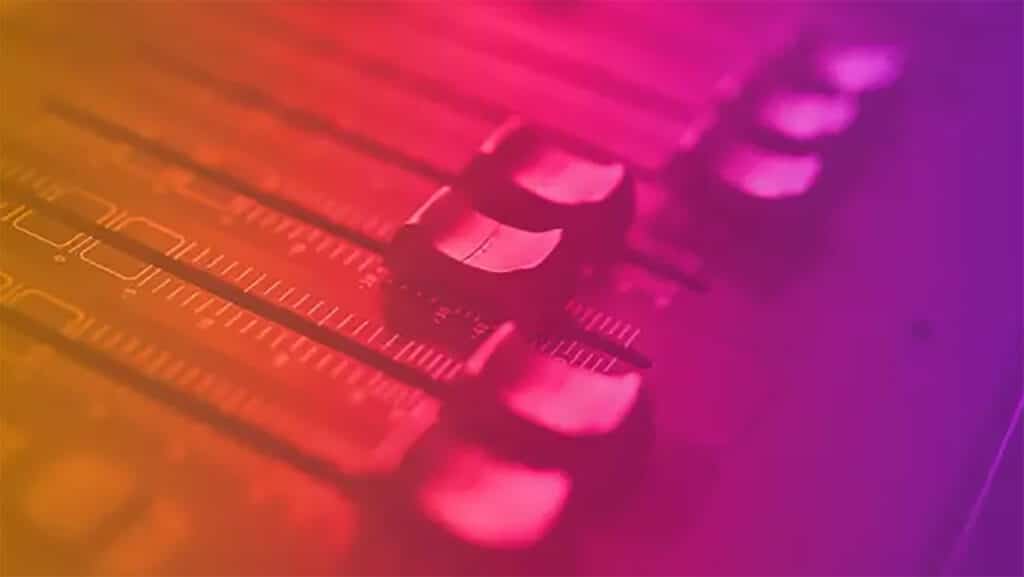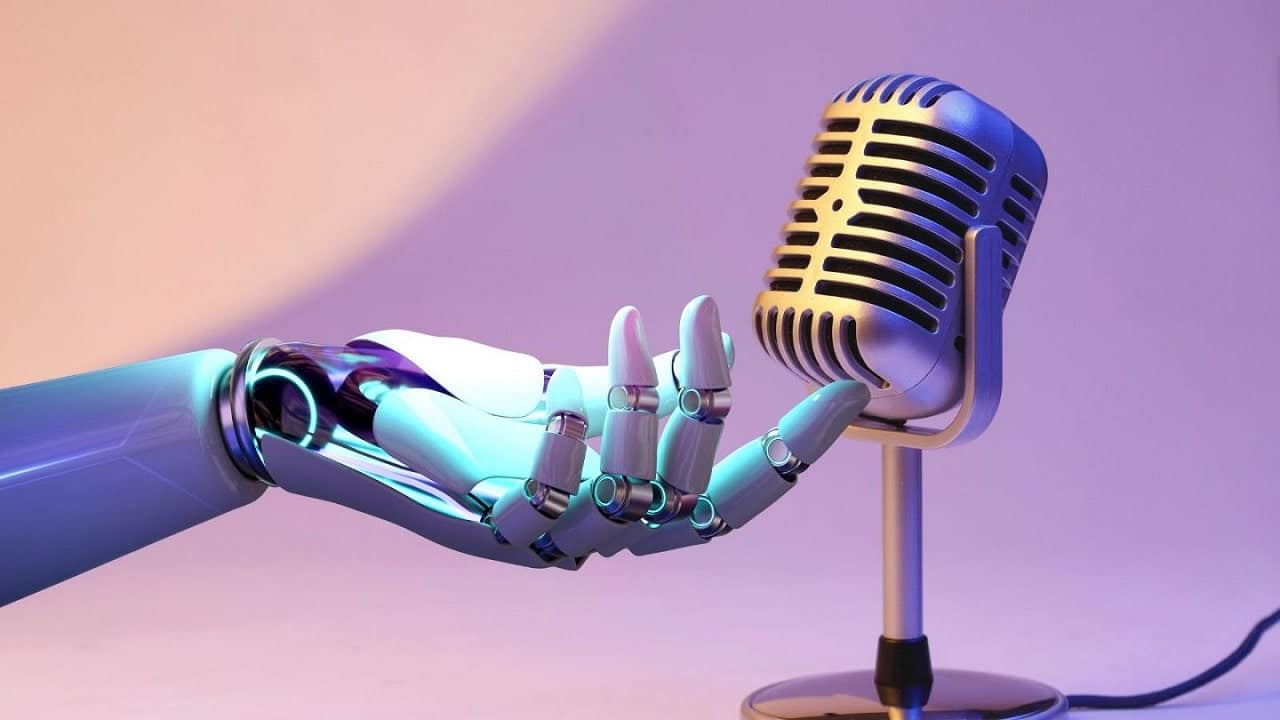I Google AI researchers they created a‘artificial intelligence that create music starting from a simple text. Not only can it create songs of a few minutes based on a few cues, but it can even turn a whistled or hummed melody into a song with other instruments. The AI model it’s called MusicLM and at the moment it is not possible to test freely. But Google has uploaded a number of samples online. And the results are very interesting.
Google turns text into music with AI
Google AI has published a study showing how, using complex artificial intelligence models, it manages to generate music starting from text inputs. The structure of the AI model requires high-level math skills to understand. But simplifying a lot, it works on the same principle as AI systems that generate images like DALL-E: by analyzing a huge amount of data, figure out how to respond to text inputs by producing appropriate music.
The examples are quite impressive. Like this, that MusicLM created from this prompt:
Listen to your favorite songs on Amazon Music for 30 days free, with no subscription required
- electronic song played in a video game (0:00-0:15)
- meditation chant played beside a river (0:15-0:30)
- fire (0:30-0:45)
- fireworks (0:45-0:60)
It may not be the next foundation for a Dualipa or Beyoncé song, but it is a sample that appears to be produced by a human with discrete musical skills. Google then released several clips that respond to specific instruments, particular genres but also phrases open to interpretation such as “futuristic club music”.
An artificial music producer – but also a singer

The potential of MusicLM goes even further than these impressive results in themselves. In fact MusicLM can even human voice simulation. It’s not perfect, there’s still something robotic about these sampled voices, but they’re quite in tune. Try listening to this short sample to understand what we mean.
That example (coming out of the “gym music” prompt) has even gibberish in any language. But we have to admit that it didn’t seem like it was casual language.
Competition in the world of music AI
We have already seen (or rather heard) AI capable of producing music in the past. In the 90s there are computer systems that have received credit among pop songwriters, albeit with great human support. And Riffusiona StableDiffusion-based tool for creating spectrograms from lyrics allows for backing tracks, although translating the spectrogram to music was a separate process.
However, Google AI ensures that MusicLM can surpass other systems in terms of “quality and adherence to the text“, as well as the fact that it can capture the audio and copy the melody directly. In fact, the researchers tried to give a whistled or hummed song as input, and then let the AI producer create the song with the chosen instruments. one tomorrow, a musician could limit himself to whistling the tune in his head to produce his own new hit.

Google, as we’ve seen with other types of AI before, is much more cautious with MusicLM than some of its rivals might be. “We have no plans to release models at this point,” ends the document. And he cites risks of “potential misappropriation of creative content”: the risk is that, as seen for the AI that generates images, the algorithm plagiarizes artists who publish online without paying them royalties. At the moment, Google prefers to avoid the issue.
One day, maybe we could tExtend the MusicLM AI in person, perhaps on YouTube Music or another Google product. But for now, Google is publicly releasing a data set with approximately 5,500 pairs music-text, which could help when training and evaluating other music AIs.
When will the first number one hit produced by a robot?















Leave a Reply
View Comments